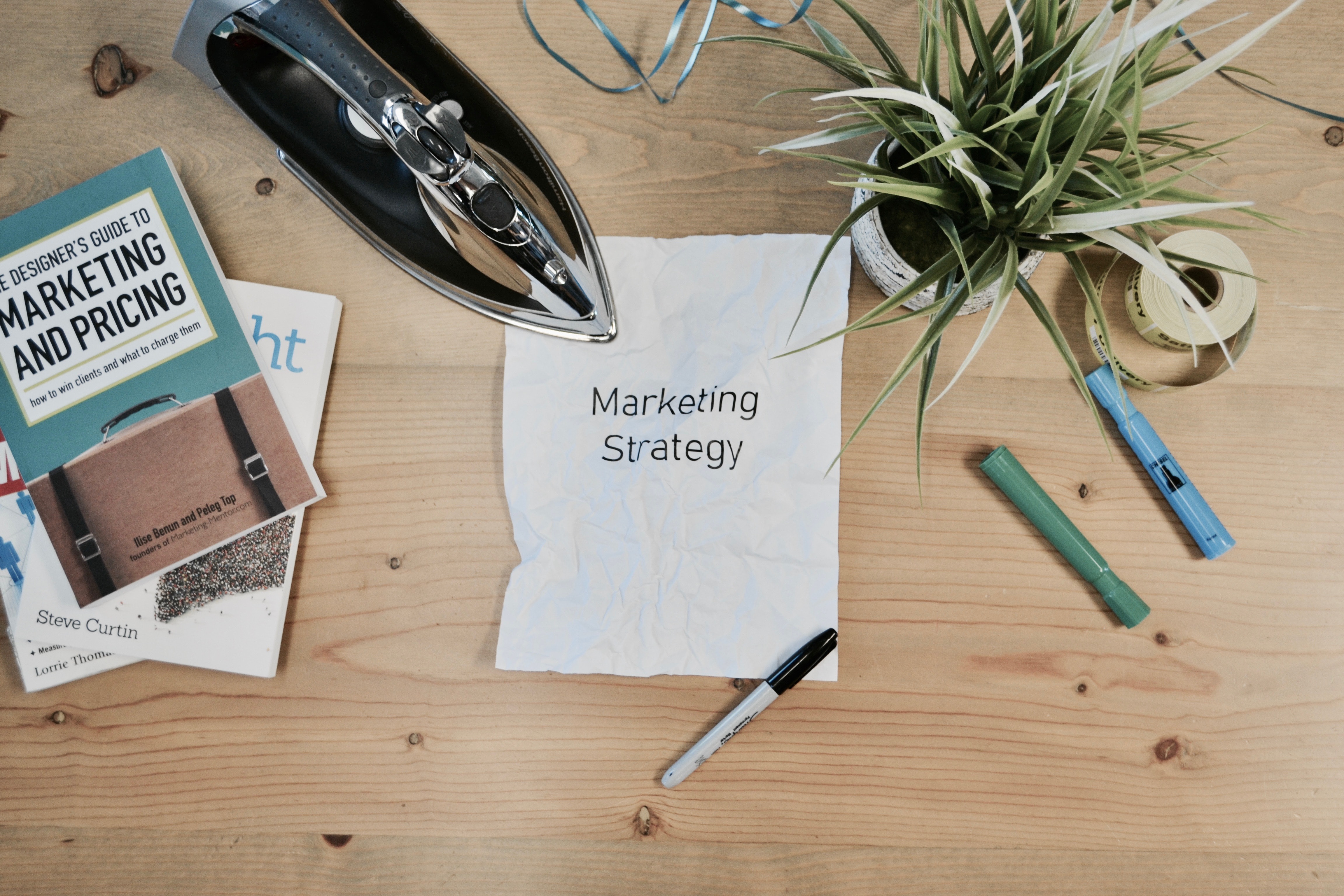Your Website isn’t ready for your Marketing Campaign – Here’s Why
Despite all of the admirable effort that goes into a digital marketing campaign, there’s one component that gets overlooked time after time. In fact, it’s hiding in plain site. Your website is the lynchpin of an entire online campaign, and yet it’s so easy to neglect it when devising a new strategy.
Companies often become preoccupied with the end goal (understandable, as you’re chasing more engagement, sales, etc.), but the truth is, without a properly designed and optimized website, you’ll miss out on valuable gains. You’d be surprised how many brands don’t realize until it’s too late that their new campaign can’t succeed due to a site that’s just not up to the task.
To avoid this kind of painful hindsight, and to help you prepare for your upcoming digital campaign, check out these tips.
Is your site user-friendly?
Hopefully, you already considered this question when designing your site in the first place. The most important aspect of a website is that it’s easy to navigate by users. People should not only understand your brand within seconds, but they should know immediately where to look and click. Creating a visual hierarchy with the right colours, contrasts, and page organization will help users find the most relevant content.
These days flat design is a popular choice. While it’s not without its flaws, it can help improve UX when implemented properly. Having minimalist images, colours and shapes is key to keeping users interested and able to navigate your site.
Create landing pages
While landing pages are hosted separately from your website, they often drive traffic to your site as a result. Many brands use landing pages as part of their digital campaigns, and for good reason. For the unfamiliar, landing pages are designed for a specific action. Typically, the process can work like this: a user clicks on an online ad advertising a particular product or service. After the click, the user is taken to a landing page where you can then convert him to a lead by asking for information such as name and email address.
Simply put, brands use them because they’re effective. In fact, studies show that landing pages increase conversions by up to 300%. Make sure you optimize them for your intended goal, and be prepared for an influx of users after they’ve seen the page, completed the conversion, and become interested in your brand.
Set clear conversion goals
Many campaigns strive for broad goals such as brand awareness or sales. While these are definitely worthwhile, you should take advantage of online marketing’s menu of nuanced metrics. Google’s Analytics tool lets you track both macro and micro conversions, which can help you achieve success online in a variety of ways.
Typically, people need to familiarize themselves with your brand before they buy, which is why driving them towards newsletter subscriptions might be a great idea. You can measure the number of people who sign up through Analytics.
Really, you can optimize your conversions for almost any important goal. Whether it’s contact form completions, downloads, or clicks to call or chat with a sales representative, you should figure out exactly how your website is going to act as a means to an end, and organize and track it accordingly.
Anticipate traffic
The last thing you want after you initiate a campaign is a poor-performing website. Whether it’s a mad rush or a steady flow of traffic, you’ll most likely receive more visitors during the campaign than before. Everyone understands this simple concept, but not all brands ensure that their site is ready for more users.
The reliability of your site depends mostly on the strength of your hosting company. If you’re a small business that opted for a bare-bones hosting package that performs fine during normal traffic, you might want to consider upgrading your service before the launch or change hosts altogether. Budget hosts will most likely not be able to help should you experience a big spike in traffic that dramatically slows or even crashes your site. We recommend as companies like SiteGround, WPEngine for WordPress or Bluehost that all have solid reputations and great support.
Ensure site stability
In addition to the ability to handle more traffic, you need to address any lingering website issues before the campaign starts. Bugs aren’t necessarily uncommon, and for a business on a budget, it can be easy to procrastinate fixing those problems that are more annoying than destructive. However, expect these bugs to multiply along with the amount of traffic and site activity. In some cases, this can actually cause your campaign to backfire if new users come to your site only to be irritated by it.
Similarly, you’ll want to do a link check ahead of time. Go through each internal and outbound link and double-check that they direct users as promised. If a link is broken or takes people to a page that doesn’t work for whatever reason, it will reflect poorly on you.
You’ll also want to test your site for browser compatibility. Check it across Firefox, Chrome, Safari, and if you have the time and resources, even Internet Explorer. Your goal should be to create stability for all users, no matter how they’re accessing your site.
 Stephen Moyers is a digital marketer, designer, avid tech-savvy blogger. He is associated with Los Angeles Web Design Agency – SPINX Digital. He loves to write about web design, development, digital marketing, social media and much more. Apart from writing, he loves travelling & photography. Follow Stephen on Twitter & Google+.
Stephen Moyers is a digital marketer, designer, avid tech-savvy blogger. He is associated with Los Angeles Web Design Agency – SPINX Digital. He loves to write about web design, development, digital marketing, social media and much more. Apart from writing, he loves travelling & photography. Follow Stephen on Twitter & Google+.
Why WooCommerce is the Best Choice for Your Online Store?
WooCommerce stands out as a top option for anyone looking to build an online store. This platform…
0 Comments8 Minutes
How to Use AI-Powered SEO Tools for WordPress eCommerce
SEO is a critical factor in the success of any e-commerce WordPress store. As competition…
0 Comments11 Minutes
Why Short-Form Videos Are the Future of Content Marketing
Your Instagram customers spend over 50% of their time watching short-form videos and reels. Rather…
0 Comments12 Minutes
The Role of Digital Marketing in Business Growth
Online marketing touches every aspect of a business, whether it is initiating the idea or for an…
0 Comments3 Minutes
AI Meets Authenticity: Balancing Automation and Human Touch in Content Marketing
Is your brand starting to sound like a robot? In a world where algorithms write faster than any…
0 Comments8 Minutes
Essential Tools for Enhancing Web Design and UX Hosting
Have you ever visited a website that felt slow, clunky, or confusing? A website that is poorly…
0 Comments11 Minutes
How a Mini Cart Transformed My Store’s Shopping Experience
Okay, real talk—running an online store is hard. You think you’ve got everything figured out, you…
0 Comments9 Minutes
Balancing Your Security Initiatives With Industry Compliance Requirements
Managing a business today comes with a number of daily battles that need to be fought. Resources…
0 Comments11 Minutes








